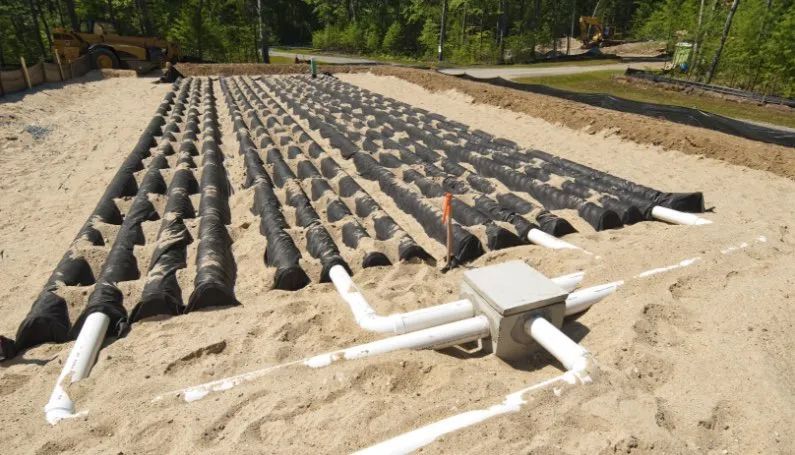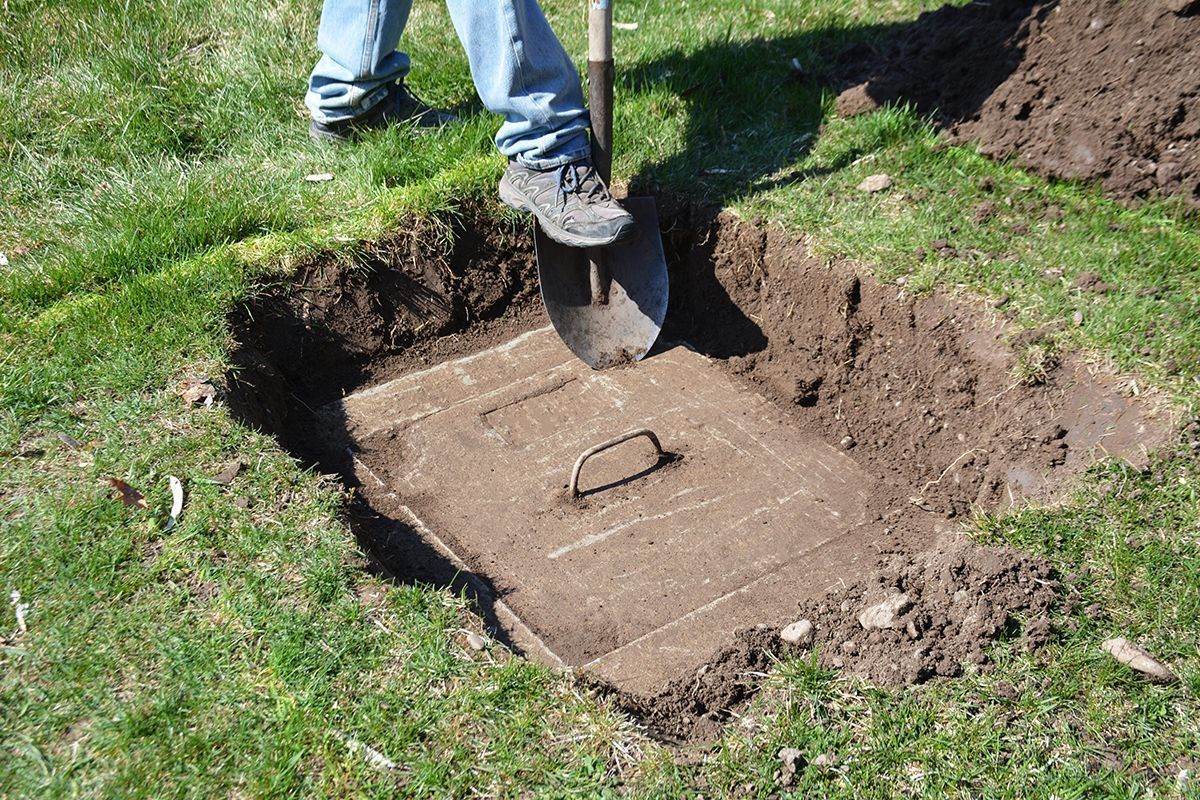Common Septic System Mistakes Homeowners Make (And How to Avoid Them)
April 26, 2025

A well-maintained septic system is essential for keeping your home’s wastewater management efficient and trouble-free. However, many homeowners unknowingly make mistakes that can lead to costly repairs, foul odors, and even system failure. Understanding these common pitfalls and how to avoid them can save you time, money, and frustration.
1. Overloading the System with Water
Septic systems are designed to handle a specific amount of water daily. Excessive water usage can overload the system, preventing solids from properly settling and leading to clogs or system failure. Common causes of overloading include running multiple appliances at once, long showers, and leaky plumbing.
How to Avoid It:
Spread out laundry loads throughout the week, fix leaks immediately, and install water-efficient appliances to minimize strain on your septic system.
2. Flushing the Wrong Items
Many homeowners treat their toilets like trash cans, flushing items that don’t break down properly. Wipes, feminine hygiene products, paper towels, and even "flushable" wipes can clog pipes and disrupt the breakdown of waste.
How to Avoid It:
Only flush human waste and toilet paper. Keep a wastebasket in the bathroom for other disposable items.
3. Skipping Regular Pumping
A septic tank collects solids over time, and without regular pumping, these solids build up and cause backups or even system failure. Many homeowners neglect this maintenance, assuming the system will continue functioning without intervention.
How to Avoid It:
Schedule septic pumping every three to five years, depending on household size and water usage. A professional can assess your system’s needs and recommend the best pumping schedule.
4. Using Harsh Chemicals
Pouring bleach, antibacterial soaps, and chemical drain cleaners down your drains can kill the beneficial bacteria needed to break down waste in your septic tank. Without these bacteria, your system may become inefficient and more prone to clogs.
How to Avoid It:
Use septic-safe cleaners and natural alternatives like baking soda and vinegar. If you need to use strong cleaning products, do so in moderation.
5. Neglecting the Drain Field
The drain field plays a crucial role in filtering and dispersing wastewater. Parking vehicles, planting deep-rooted trees, or constructing structures over the drain field can compact the soil and damage pipes, leading to system failure.
How to Avoid It:
Keep heavy objects off the drain field and plant only grass or shallow-rooted plants nearby. Avoid directing rainwater runoff toward the area to prevent oversaturation.
6. Ignoring Warning Signs
Slow drains, gurgling sounds, foul odors, or standing water near your drain field can indicate septic system problems. Ignoring these warning signs can lead to costly repairs or complete system failure.
How to Avoid It:
Address issues immediately by contacting a septic professional for an inspection. Early intervention can prevent minor problems from turning into major ones.
Protect Your Septic System for Years to Come
A well-maintained septic system lasts for decades, but neglecting proper care can lead to expensive repairs and environmental hazards. By avoiding these common mistakes, you can keep your system running smoothly and efficiently. If you need professional septic services, Environmental Design Group
in Austin, TX, is here to help. With over 55
years of combined experience, our team provides expert maintenance and repair solutions to keep your system in top shape. Contact us today to schedule an inspection!





